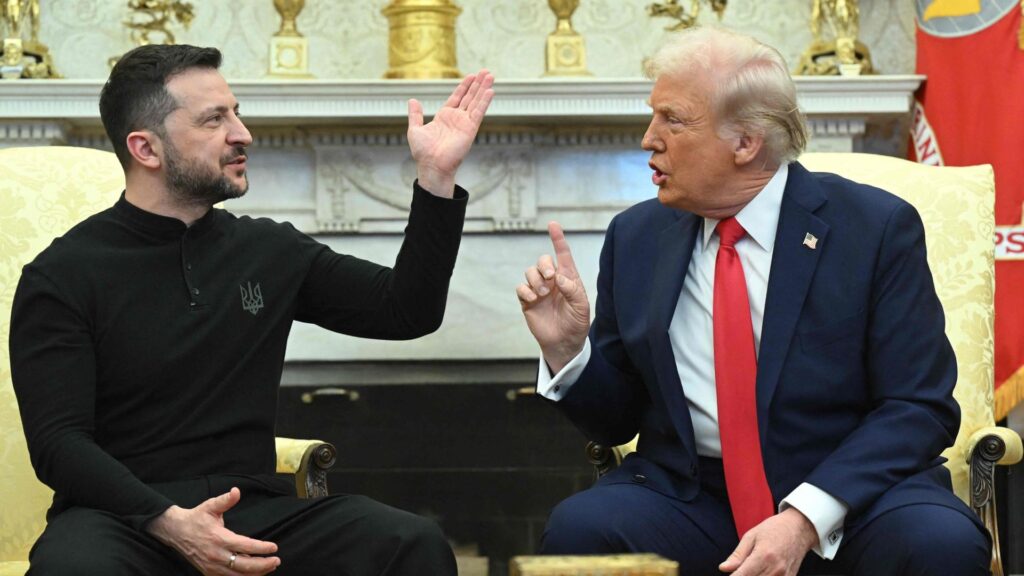
Introduction
The relationship between Donald Trump and Ukraine has been a topic of significant debate and scrutiny, particularly since the unfolding of the Ukraine-Russia conflict in 2022. Trump’s interactions with Ukrainian officials during his presidency and beyond have been a focal point for discussions on international relations, national security, and political ethics. As the war in Ukraine continues, examining Trump’s past actions and their implications remains crucial for understanding the current geopolitical landscape.
Trump’s Presidency and Ukraine
During his presidency, Donald Trump became embroiled in controversy involving Ukraine, particularly surrounding a whistleblower complaint in 2019. The complaint alleged that Trump solicited interference in the 2020 U.S. presidential election by urging Ukrainian President Volodymyr Zelensky to investigate Joe Biden, a potential political rival, and his son, Hunter Biden. This led to Trump’s first impeachment by the House of Representatives, although he was acquitted by the Senate. The episode highlighted the intricate ties between U.S. foreign policy and domestic political ambitions.
Recent Developments
As the situation in Ukraine has escalated with the ongoing conflict against Russia, Trump has publicly expressed mixed views on his relationship with Ukraine. While he has criticized military aid to Ukraine and suggested that the U.S. should focus on domestic issues, he also acknowledges the importance of supporting Ukraine against Russian aggression. Analysts are closely watching Trump’s evolving stance, especially as he campaigns for the 2024 presidential election. His past dealings with Ukraine could play a significant role in shaping voter perceptions and party dynamics.
Conclusion
The relationship between Donald Trump and Ukraine remains complex and multifaceted, particularly in light of current events. As the war in Ukraine continues, understanding Trump’s past actions and comments becomes increasingly relevant. His unique position within the Republican party and the broader political conversation in the United States may influence future assistance to Ukraine and overall U.S. foreign policy strategies. Observers must remain vigilant to how Trump’s narrative evolves and what it could mean for both international relations and domestic politics in the coming years.






